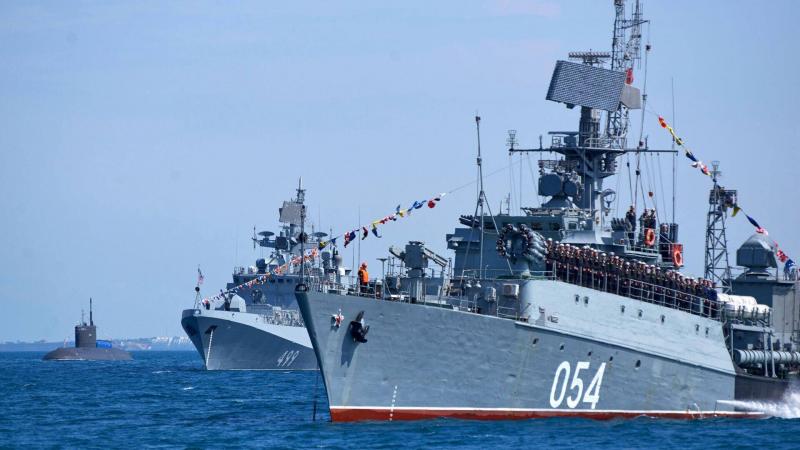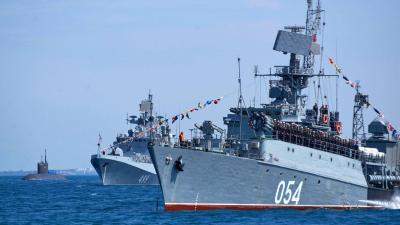The number of ships heading to load grain shipments from the Black Sea region has decreased by 35 percent this week compared to the previous week, amid escalating uncertainty over the potential impact on commercial shipping as Russia continues to bomb food facilities in Ukraine. Moscow's attacks, which are directly targeting Ukrainian grain, occurred over four consecutive days after Kyiv pledged to challenge the Russian naval blockade on export ports following Moscow's withdrawal earlier this week from the UN-brokered safe passage agreement.
Russia stated that it "considers all ships heading to Ukrainian waters may be carrying weapons as of yesterday, Thursday," and Washington noted that "this is a signal from Moscow regarding the potential attack on civilian shipping." Kyiv later responded with a similar warning for ships heading to Russia.
Omar Nocta, an analyst at Jefferies, commented in a shipping note on Friday: "We believe the aggressive rhetoric is likely to reduce the number of owners willing to pass through the region and complicate insurance availability."
An analysis from the maritime data and commodities platform Shipfix indicated that the number of dry bulk carrier ships, ranging from small vessels to very large ships, preparing to transport grain from the Black Sea region decreased by 35 percent this week compared to the previous week. Data showed that only 20 ships had entered the futures market for the remainder of July and early August, down from 32 ships the previous week.
Insurance industry sources reported that "many insurance companies have now suspended providing coverage for shipments coming from Ukraine, unlike the smaller ports along the Danube River."




